CIA accounted for most media leaks Trump referred for criminal probe: Report
The former US administration headed by Donald Trump referred more media leaks for criminal investigation than any of the governments in previous 15 years, according to new records.
The records released by the US Department of Justice (DOJ) to the independent watchdog group Project on Government Oversight (POGO) in response to a Freedom of Information Act lawsuit reveals that the CIA accounted for vast majority of such leaks – 64 percent, followed by the National Security Agency, which accounted for 15 percent.
The DOJ records reveal striking new information on media leak referrals, including the agency, the referral date, and classification of disclosures, according to a report in Intercept.
The scathing documents reveal a dramatic spike in such leak referrals — called “crime reports” — from the CIA in 2017, when Trump’s Secretary of State Mike Pompeo led the spy agency. Many of those referrals pertained to leaks that had taken place months and even years prior during the Obama administration, raising questions about why they were being revisited, the Intercept reported.
Interestingly, in 2017, the number of criminal leak referrals rose to 120 — the highest number since 2005. The number of referrals to Trump’s Justice Department in 2018 was 88, with 71 in 2019, still significantly higher than the years before Trump came to power.
Russian investigation
A former CIA official, as quoted by the Intercept, pointed to sheer frequency of leaks directly related to the Russia investigation. He also noted that the agency produces so much “originating” intelligence — i.e., intelligence on which subsequent intel reports produced by other agencies are based — that leaks could appear to come from the CIA that might in fact have come from others using its intelligence.
The new DOJ records reveal the most comprehensive information about media leaks, amidst recent revelations related to Trump administration’s efforts to obtain communications records of reporters from CNN, the New York Times, and the Washington Post.
In May, President Joe Biden announced that he would not permit the seizure of reporters’ records, apparently unaware that his own Justice Department was attempting to do just that and had obtained a gag order against the New York Times, the Intercept said.
“We need a full accounting of what happened in these three cases, and we need to know how these three secret record seizures are linked to the 2017 anti-leak initiative,” Gabe Rottman, director at the Reporters Committee for Freedom of the Press, who has been tracking the government’s attempts to prosecute sources and spy on journalist, was quoted as saying in the report.
Although only some leak referrals lead to investigations and a small fraction are likely to result in criminal charges, the raw number of referrals under the Trump administration could mean that more prosecutions will eventually emerge, the report notes.
While the US government redacted large swaths of information in the records, including the names of the news articles associated with each suspected disclosure, Intercept was able to identify some articles that generated referrals and some that likely did. Some referrals have led to indictments, and several seem to line up with the prosecutions during the Trump administration of Reality Winner, Terry Albury, Daniel Hale, and Henry Kyle Frese.
Trump’s animosity toward press
From the very outset of his presidency, Trump made no secret of his animosity toward the press and his eagerness to prosecute suspected leakers. “I’ve actually called the Justice Department to look into the leaks,” Trump said during a February 2017 press conference. “Those are criminal leaks.”
In July 2017, he said, “I want the attorney general to be much tougher on the leaks from intelligence agencies, which are leaking like rarely have they ever leaked before at a very important level.”
On at least 123 occasions during his eventful presidency, Trump tweeted or retweeted posts disparaging leakers, the Intercept pointed out.
Trump’s subordinates also appeared to walk on his footsteps. In his first press interview after being confirmed as CIA director, in July 2017, Mike Pompeo signaled that combating leaks was a high priority, telling the Washington Free Beacon that “the media’s insatiable demand for leaks presents enormous risks to the United States of America.”
“I am confident that this administration is going to do its level best, once the secrets are out, to identify those who did them,” Pompeo said.
The CIA under Pompeo’s leadership sent a stream of criminal leak referrals to the US Justice Department regarding news stories that the agency believed relied on classified information, the Intercept said.
Not without precedent
Trump’s no-holds-barred war on leakers was not without precedent. The Obama administration faced severe criticism for its increased prosecutions of people for giving the press sensitive information.
Although criticism of the Obama administration’s crackdown had been mounting for years, it boiled over in 2013, when one alarming leak investigation came to light. Bipartisan outrage prompted Obama’s Justice Department to take steps to scale back its aggressive criminal enforcement of media leak cases, the Intercept report said.
During April and May 2012, the Justice Department and FBI secretly wiretapped more than 20 Associated Press phone lines. Although the department never explained why it did so, on May 7, 2012, the Associated Press published a report on how US intelligence foiled a planned terrorist attack on civilian airlines using bombs hidden in underwear.
Although an investigation was already underway, the AP’s story led the CIA to file a media leak crime report with the Justice Department, according to Reuters.
Lebanese parliament speaker rejects any postponement of elections
VIDEO | Gazans break Ramadan fast amid rubble of their destroyed homes
Iran seeks to strengthen strategic ties with West African countries: Defense minister
US envoy’s remarks on Israeli West Asia expansion shows Muslim world targeted: Houthi
Iran says any agreement with US must fully safeguard national rights, interests
VIDEO | Press TV's news headlines
Trump admin terminates 'lifesaving' aid programs to seven African countries: Report
IRGC warship returns home after first long-range deployment for BRICS naval drills


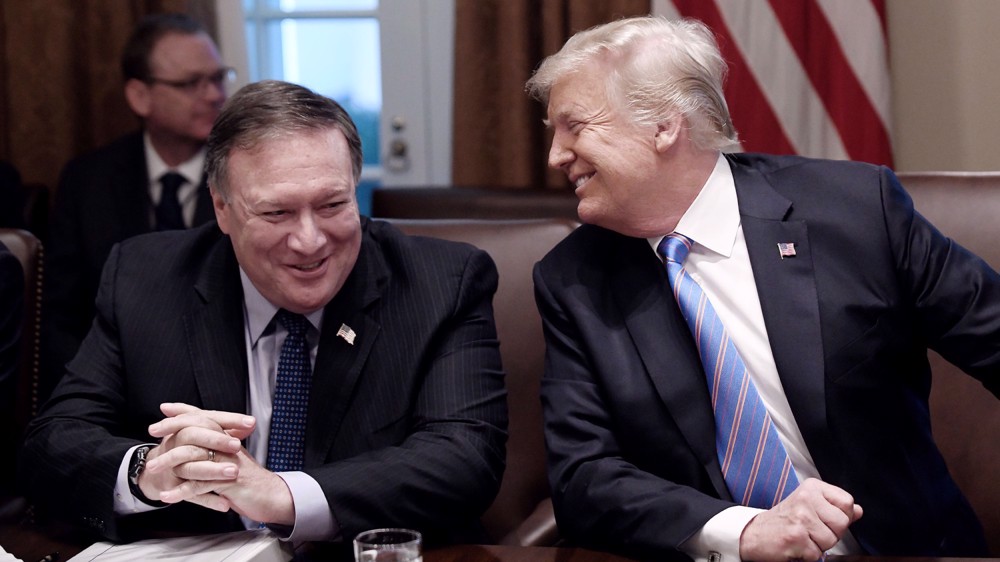
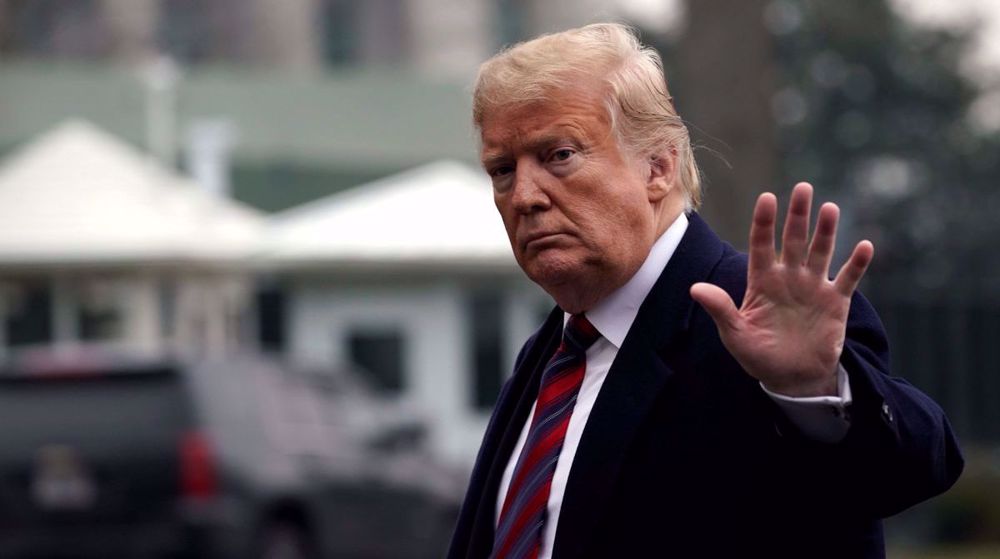
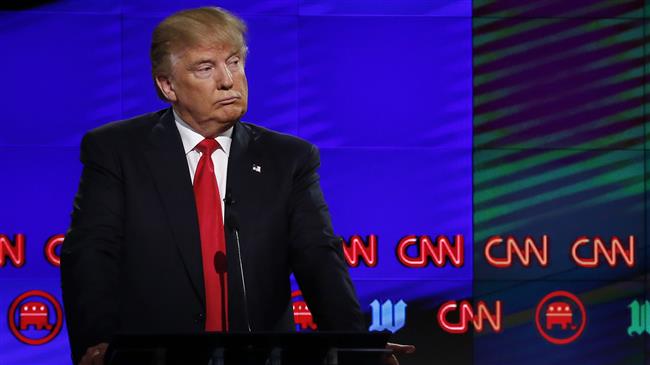
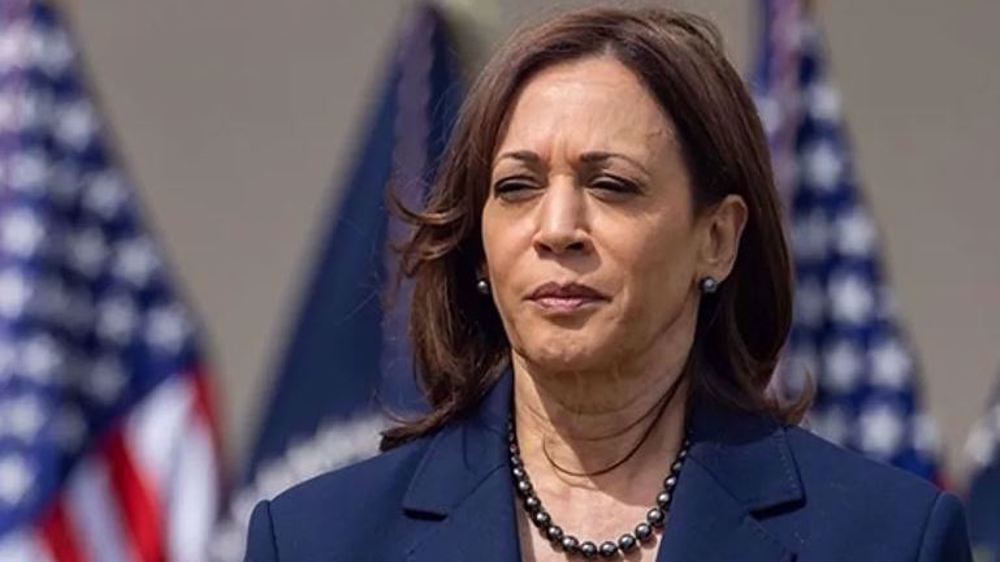
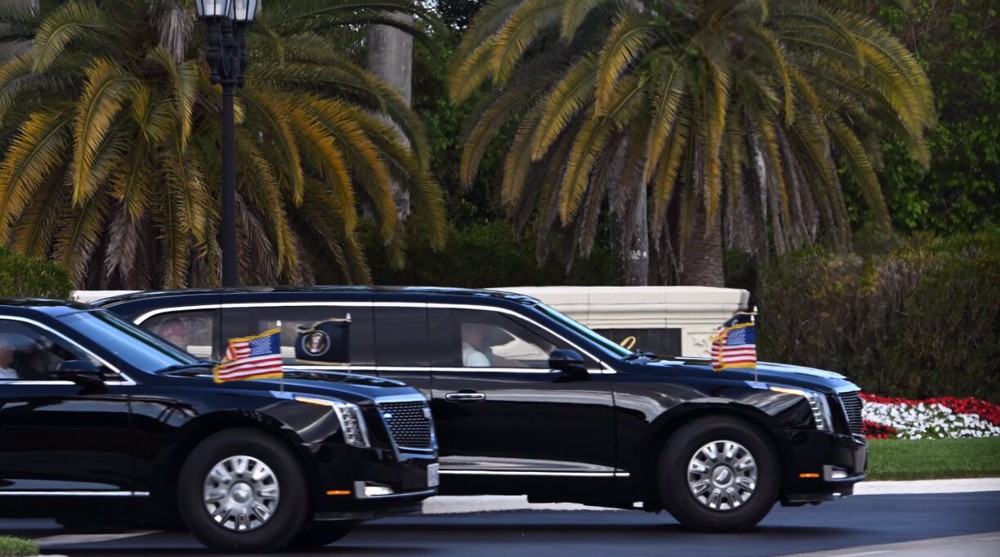




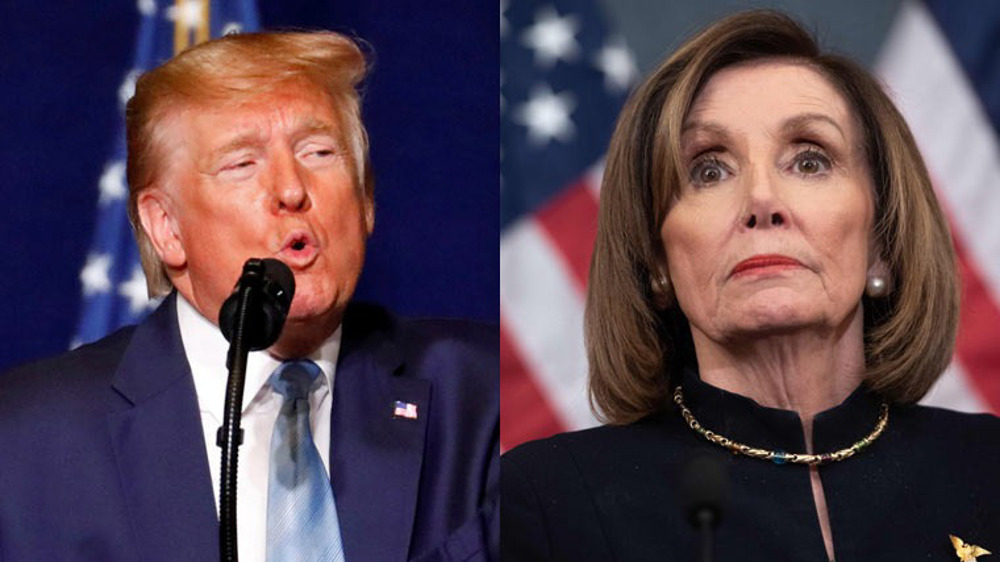
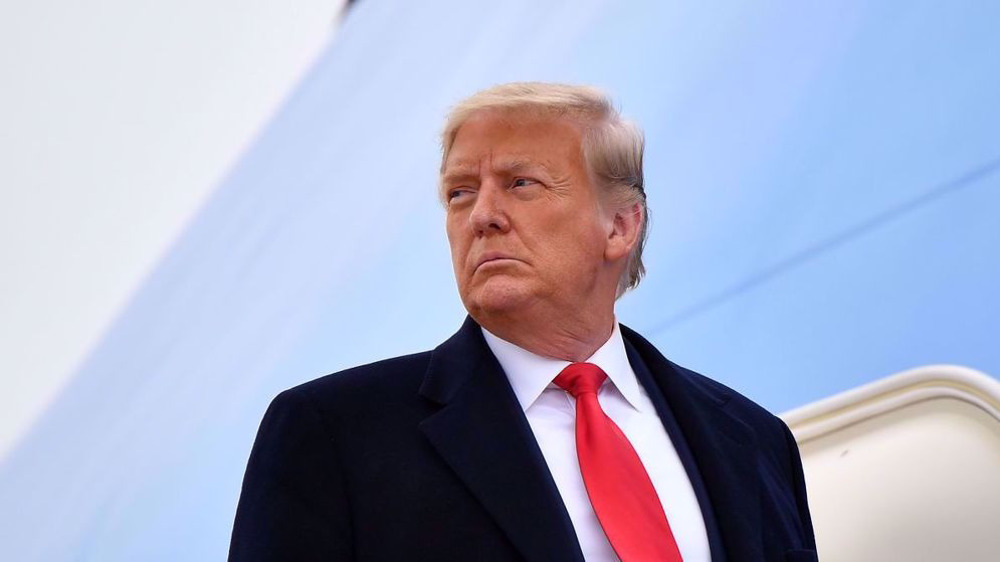
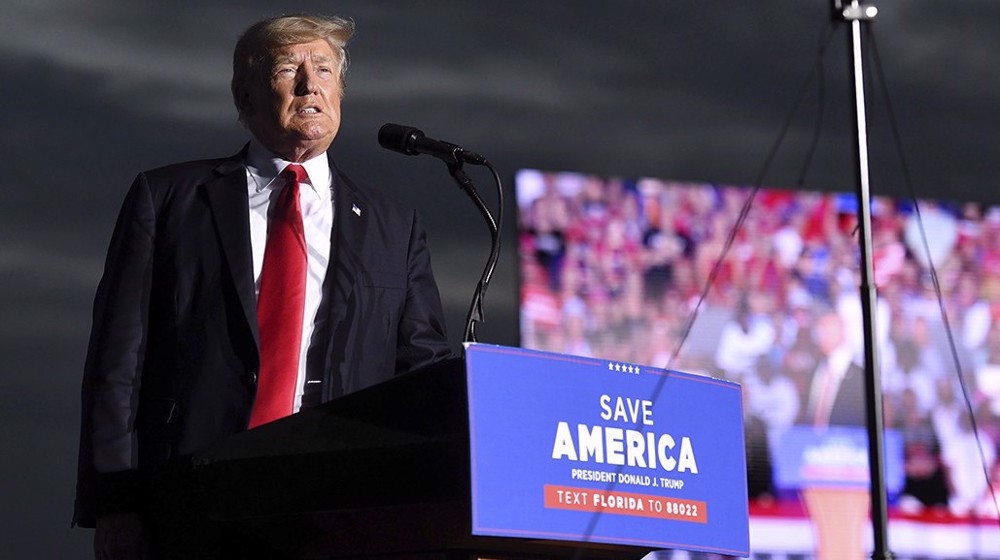
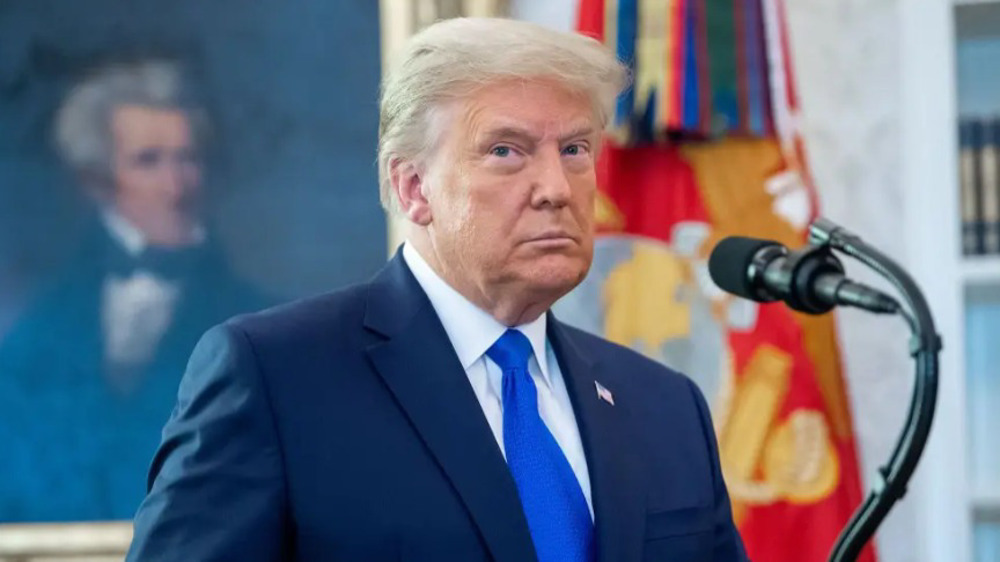


 This makes it easy to access the Press TV website
This makes it easy to access the Press TV website